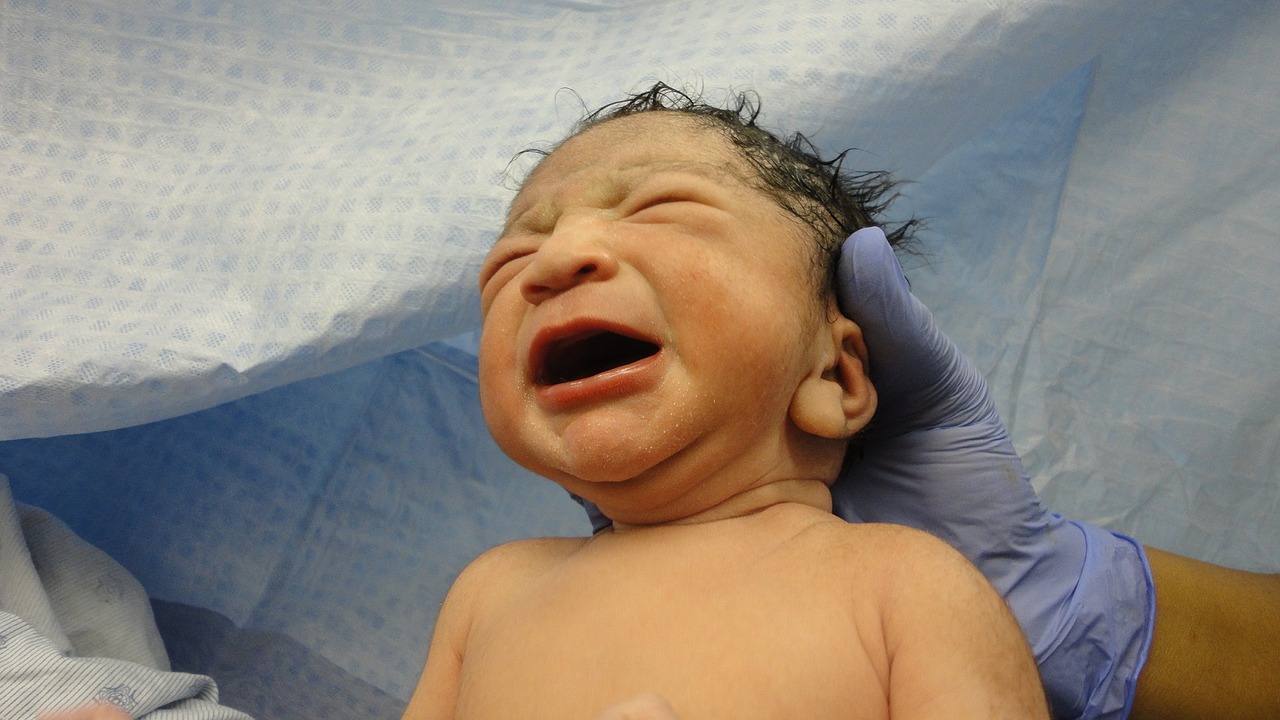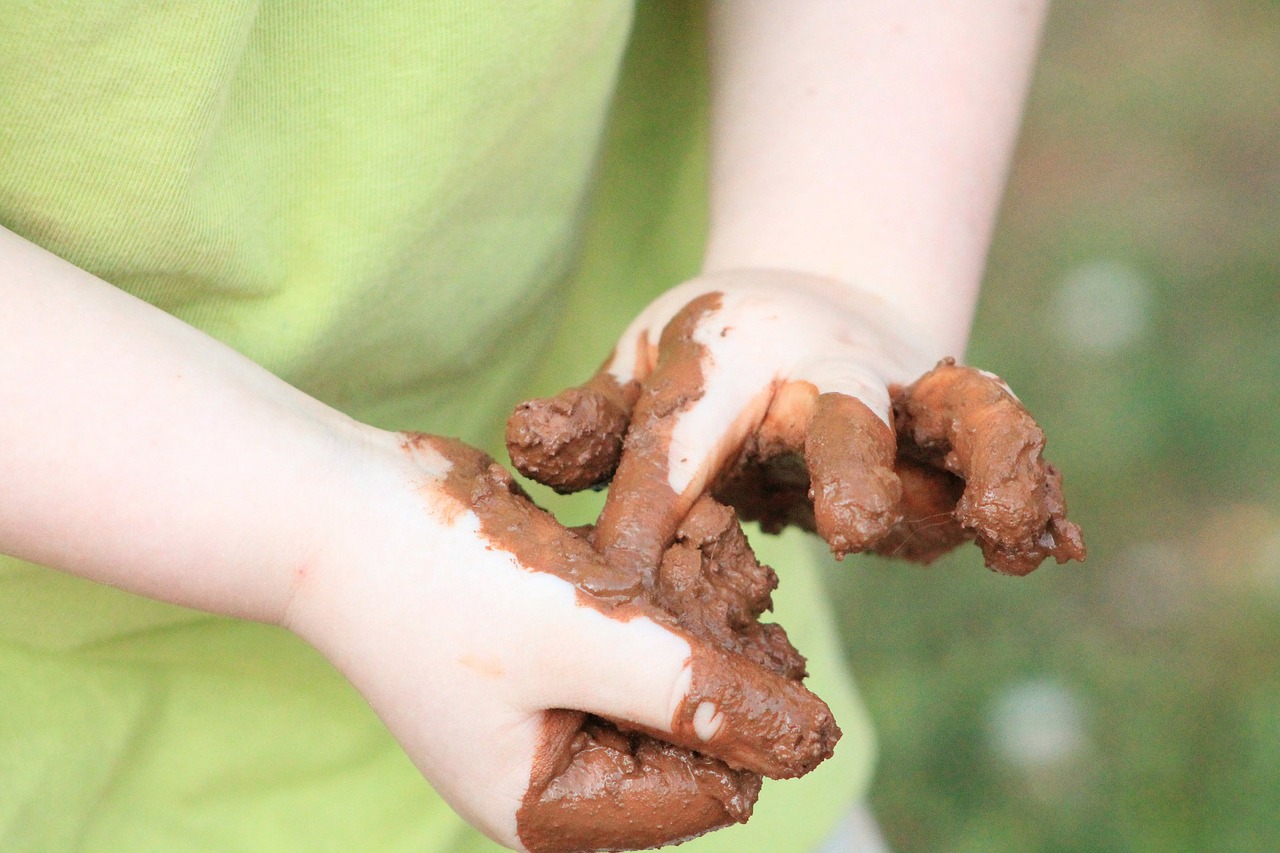Proper eating habits begin right from infancy. Co-operation is needed between the mother and the baby during initial feeding experience, and the period of dependency of the baby. While feeding your baby, ensure that feeding time is pleasurable and leads to satisfaction and emotional wellbeing of both. The baby can sense maternal feelings. If the mother is tired, irritable, rushed or anxious, the feeding experience can become difficult. This should be a time for mother and baby’s physical and emotional bonding.sni
Some mothers feed their babies on demand, while others follow a schedule of one to three hours gap. Babies usually set their own pattern within a few days or weeks. Baby’s needs must be met promptly so that he does not learn to associate prolonged crying and discomfort with feeding.sni
The mother needs to organize herself, and work around the schedule that suits her as well as the baby. This will give her time for herself and her rest. Family support is important during this period so that the mother is not completely exhausted. Her food and liquid intake should be adequate for both herself and her baby.sni
Appropriate technique for feeding
Appropriate technique is highly important for successful feeding. Both the mother and the baby must be relaxed and comfortable. The reflexes of the baby like rooting, sucking, swallowing and satiety facilitate feeding. The rooting reflex is when the infant smells milk or its cheek is gently touched. Then the baby turns towards the stimulus and opens its mouth to feed.sni
The infant obtains 50 percent of the milk in the first two minutes of active sucking. Some infants empty the breast in five minutes, whereas others may nurse slowly for 15-20 minutes. Exclusive breastfeeding is recommended for the first six months. However, if bottle-feed or formula supplementation is added, it should be not more than one to two times as it can disrupt breastfeeding, as well as affect milk supply.sni
Burping the baby midway and also at the end of the feed helps eliminate gas and avoid colic pain. After feed it is recommended to lay the baby on its right side to facilitate emptying of the stomach and avoid chances of regurgitation and aspiration of milk. Fourteen hundred years ago our beloved Prophet (peace and blessings of Allah be upon him) taught us to sleep on our right side. He also forbade sleeping on the stomach (Sahih Hadith, Al Bukhari). In recent times, it has been discovered that putting babies to sleep on their stomach may be dangerous for them as it has been associated with sudden infant death syndrome.sni
Assessing adequate nutrition
Satisfactory feeding and adequate nutrition and growth can be assessed when the infant is gaining weight and height, sleeping comfortably for two to four hours and has a gap between feeds of at least one to two hours, increasing to three to four hours as the baby grows. Stool pattern may vary individually. This pattern is usually set by the end of one to two weeks. As long as the baby is comfortable and growing well, mothers should not worry too much about the stool pattern.sni
Weaning
Breast milk, formula or combination of the two provides all the nutrients a baby needs for the first six months of life. Usually it is recommended that solid food should not be introduced before the 17th week, as some of the digestive enzymes are lacking or not fully mature. Solids should definitely be started by the 26th week, unless there is some problem in the baby, in which case medical help should be sought.sni
Food should be introduced slowly, and in small quantities to make sure that the baby’s system can handle it. Rice or iron fortified infant cereal, strained or mashed fruits and vegetables should be the first foods. Start with one to two teaspoons once a day. And one new food every five to seven days to identify problems like gas discomfort, allergies, constipation or diarrhea. Also, solids should be soft or semi-liquid, look and taste palatable and given by spoon and not in the bottle.sni
Fresh and appropriate food
Food should be fresh, clean and appropriate for their age. No sodas or junk food – I have seen mothers give these to their babies. Good food habits start right from the beginning. ‘You are what you eat’ is a saying that is especially true at this stage of one’s life. The baby’s body is made up by the food that is fed. Using food that is fresh, clean and nutritious will be useful in making the baby healthy and strong all through the life, till old age. No sugar or salt should be added to baby’s food.sni
Avoid forced feeding
Do not force-feed your babies. If the baby does not like a certain food, or is not ready for spoon-feeding, then wait for a week or two, and try again. Babies who are force-fed will never learn to enjoy food, and will always associate meal times with force and displeasure.sni
Milk intake
Milk intake should not be reduced by the solids. Milk remains an essential part of the baby’s diet for the first two years. After that it should be continued for two to three times daily through adolescence.sni
The quantity of solids should be small, with gradual increase. By the age of one year, the baby can be regularized into the three meals a day pattern. Bottle fed babies should be started on the sippy cups around six to eight months and be off the bottle by one year of age. Water may be introduced at about the same time as solids because before that milk alone is enough.sni
By: Dr Rehana Sayeed, Pediatrician










